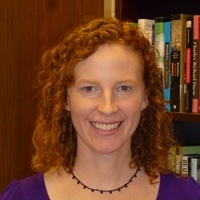There is an extreme shortage of organs for people who need donations and scientists are challenged with finding a solution. Using pigs, genome editing may help us create more organs suitable for human transplant. This lesson examines the scientific as well as ethical and social considerations of applying new genetic techniques to this situation.

